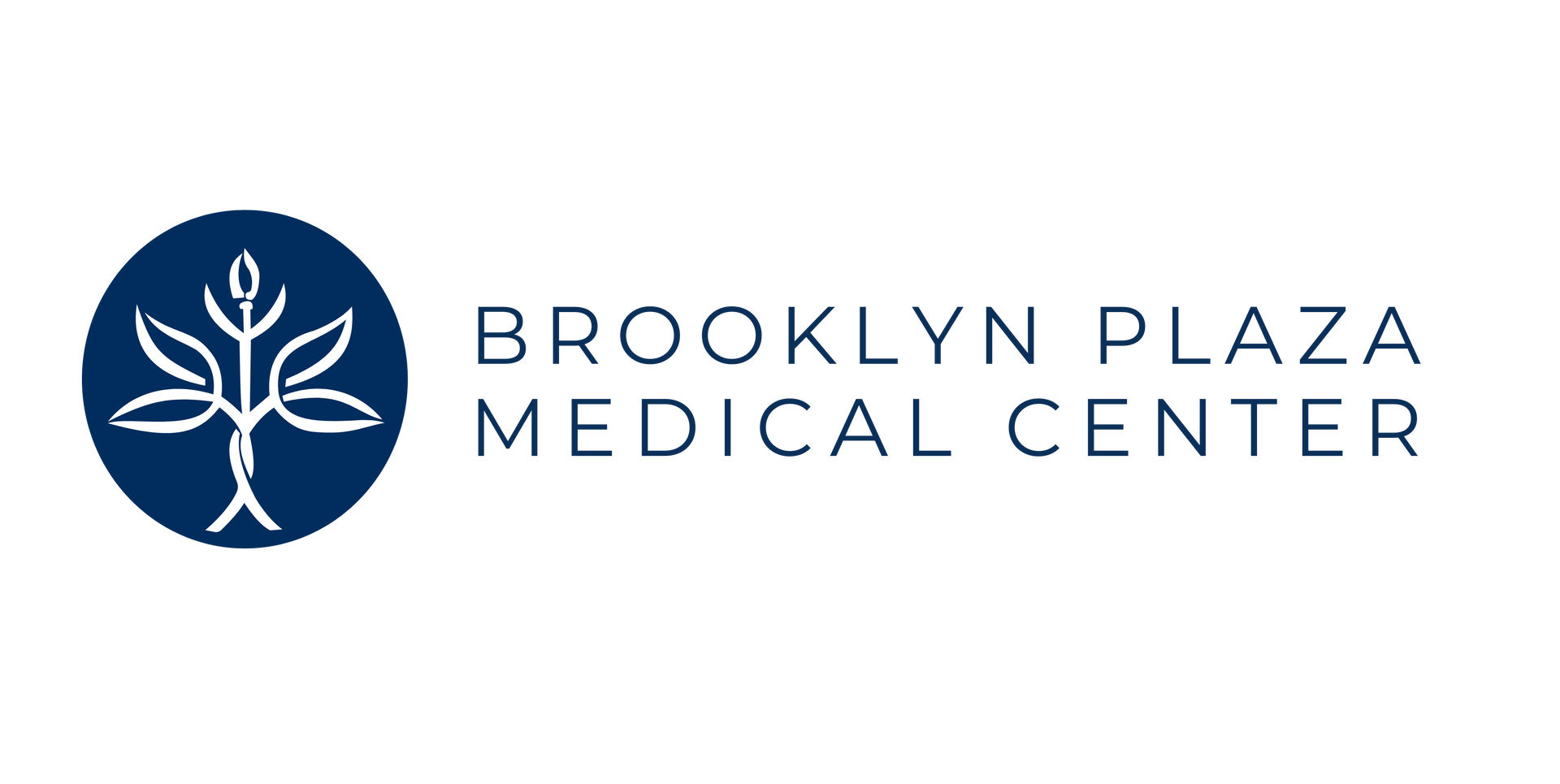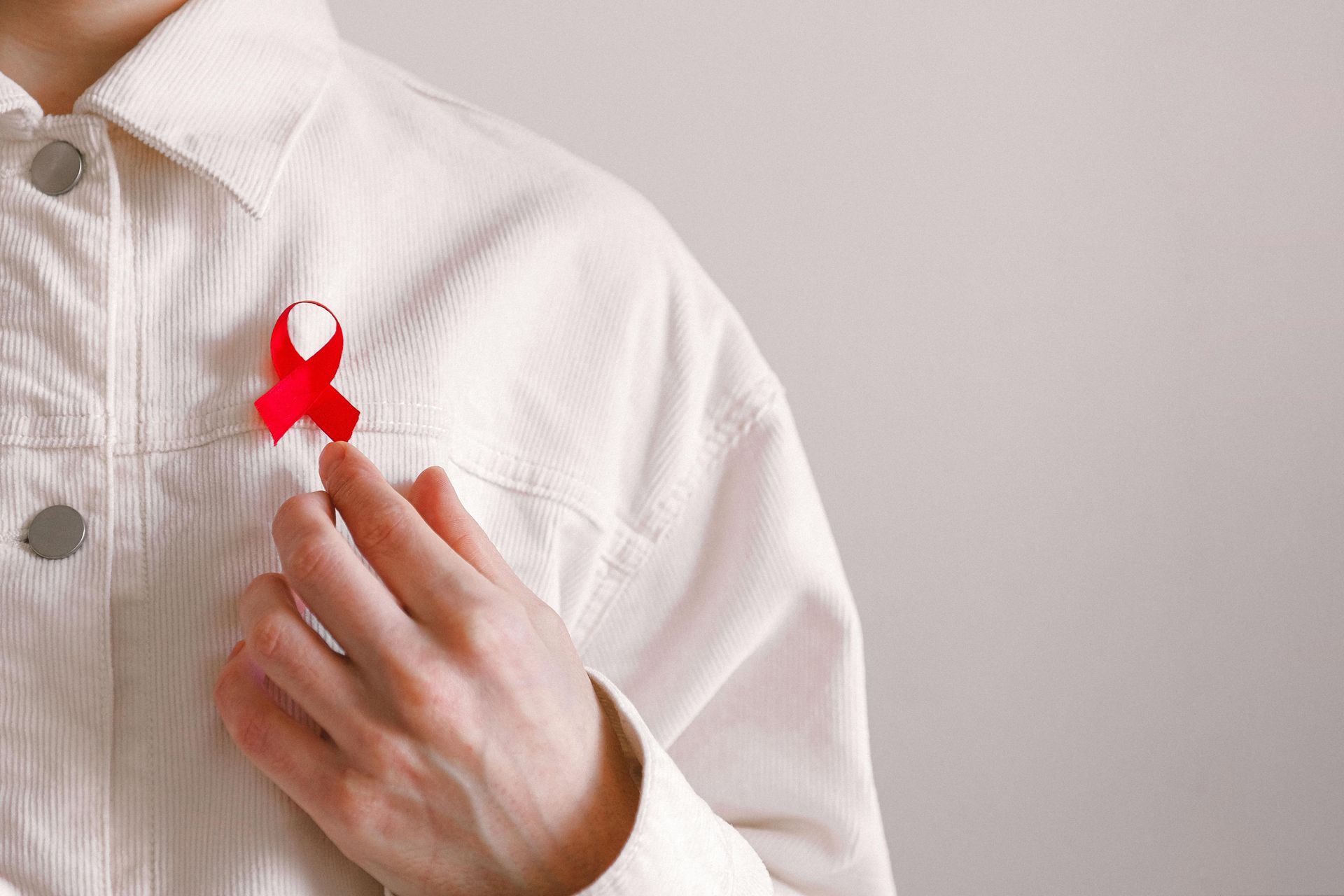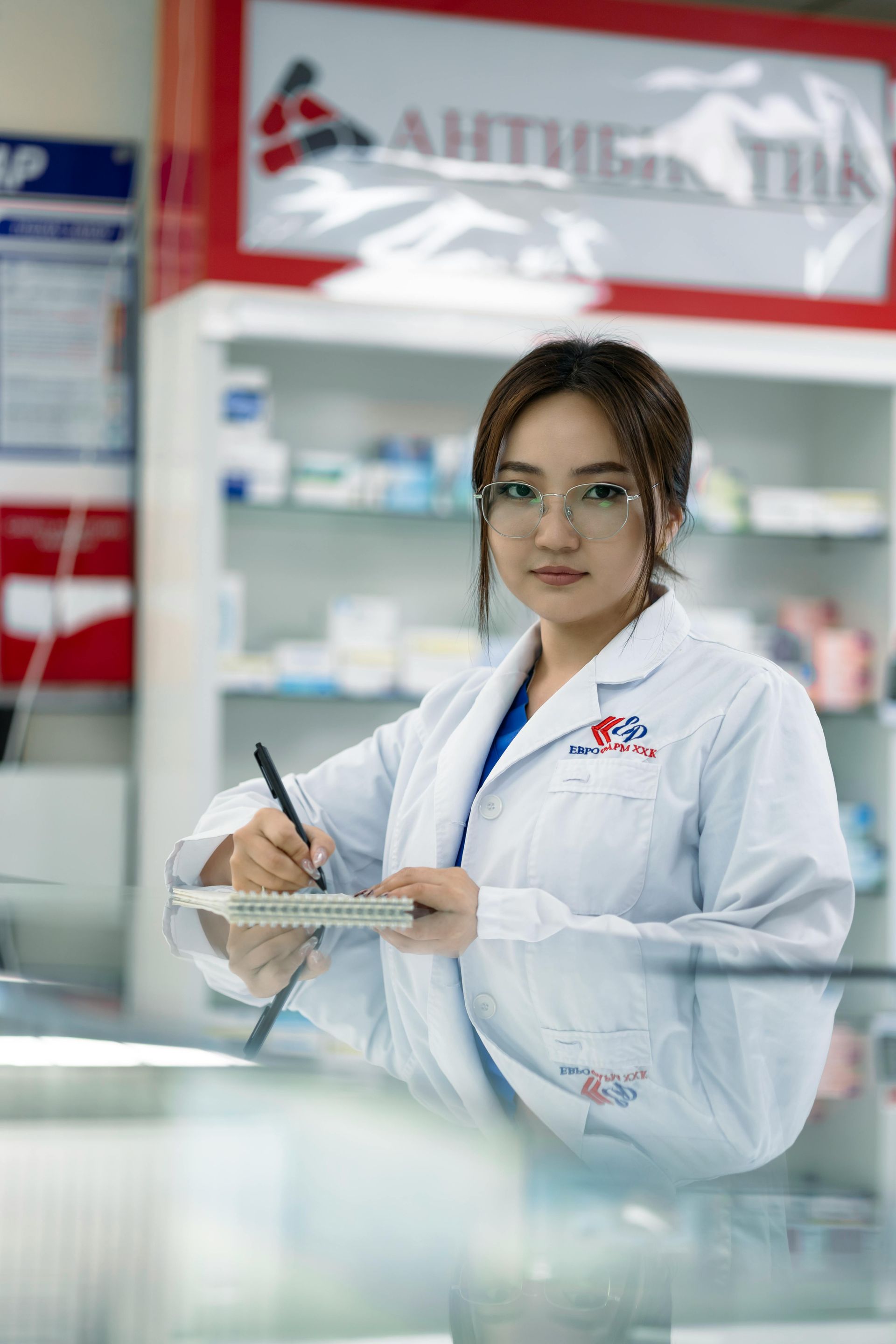Call Us: (718) 596 - 9800
SPECIALIZED PROGRAMS
For Patients
Other Info + Resources
Ready to Make an Appointment?
For medical emergencies,
call 911 or visit the nearest emergency room. For after-hours assistance, contact our call center at
(718) 596-9800
(available 24/7).
© 2025 Brooklyn Plaza Medical Center, Inc. All Rights Reserved.














